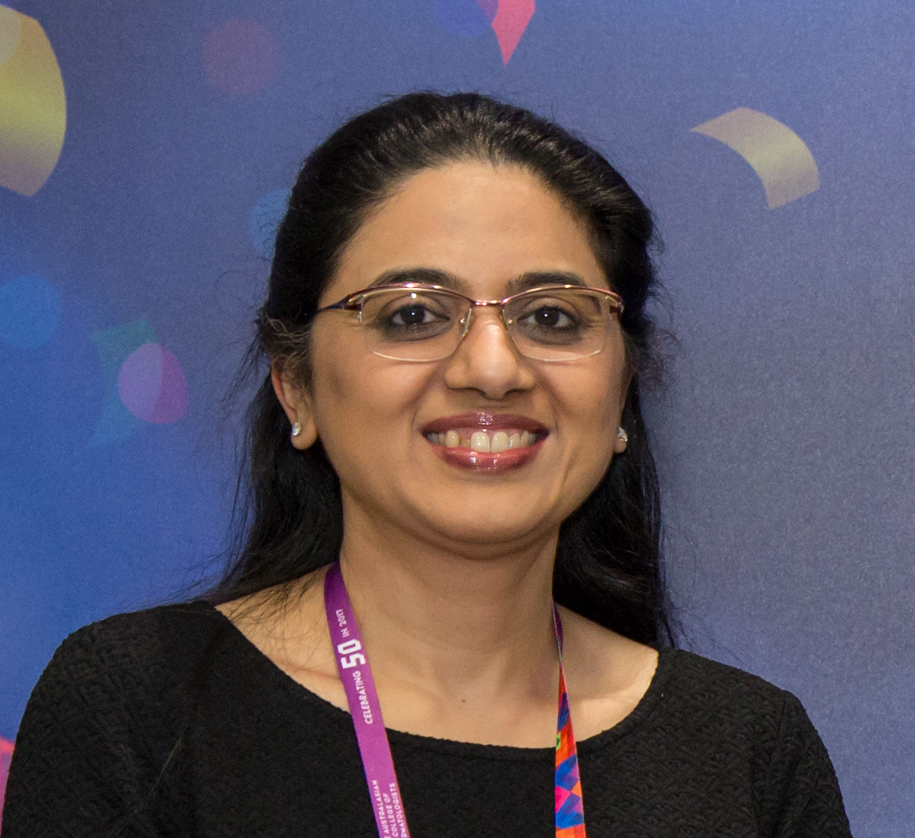
Dr Monisha Gupta
The factors affecting non-attendance at dermatology appointments may be more nuanced than previously suspected.
According to a retrospective analysis of all scheduled appointments at the Liverpool Hospital in 2018, Australian born patients are more likely to miss an appointment (OR 1.27; p=0.012) than many other patients from culturally and linguistically diverse (CALD) communities.
The analysis, published in Clinics in Dermatology, also highlighted the fact that CALD communities are not an homogenous group in their health-seeking behaviours.
It found people born in Oceania were much more likely to miss an appointment (OR 1.62; p=0.041) as were people born in the Middle East (OR 1.42; p=0.044).
However people born in Eastern and Southern Europe (OR 0.61; p=0.008) or East and Southeast Asia (OR 0.59; p=0.001) were much less likely to miss an appointment.
Within the Australian-born patients, Indigenous people were 2.3 times more likely to miss an appointment.
The study also found differences in non-attendance based on the preferred language at home. For example, Vietnamese patients were less likely to miss an appointment (OR 0.46; p=0.007) than English speaking patients (OR 1.13) while Arabic speaking patients were much more likely to miss an appointment (OR 1.67; 0=0.020).
Young patients (18-45 years) were also more likely to miss appointments than older patients.
The authors said the healthy immigrant effect – “thought to be due to rigorous health screening, healthier behaviours of new immigrants before migration, and immigration self-selection” – might be partly at play.
As well, CALD communities such as the Vietnamese who have been in Australia longer, may have had more time to familiarise themselves with available health services.
“Migration from the Middle East has occurred more recently, which may also explain the discrepancy in attendance between this group and the Southeast and South Asian community,” they said.
They added that communities with a cultural emphasis on the importance of keeping appointments, and respect for medical practitioners and health services may also be more likely to attend appointments.
Health illiteracy, mistrust in services, lack of patient-centred management, and institutional racism were also important factors influencing attendance rates.
Genuine need
Senior investigator Dr Monisha Gupta, director of dermatology at Liverpool Hospital, told the limbic the perception that people of CALD background were non-attenders was found not to be true.
“That is a bias. A lot of people who are born in Australia are more likely to miss an appointment.”
However there was a genuine need to provide more culturally sensitive services especially in Local Health Districts like South Western Sydney where half the population were born overseas and many were not fluent in English.
“…and added to that is the socioeconomic challenge these people have. Because they don’t speak English, they don’t have high earning jobs. It’s all compounded.”
She said the Australian health system was not designed for a culturally diverse population because it is based on the presumption that every person speaks and understands English.
“Our appointments are booked in English, we send letters for appointments in English, the text message we send people is sent out in English.”
“This person may not be turning up for the appointment because they couldn’t read the text message or we don’t account for festivals or holidays or important times of the year for people.”
Dr Gupta said non-attenders were also criticised for not cancelling appointments – a legitimate frustration where there may be long waiting lists.
“The person may not have the capacity to pick up the phone and ring because English is not their first language.”
She said interpreter-mediated services were one solution. However there was also the need to book longer consultations to account for the extra time required in communicating through a family member or other interpreter.
“It is challenging to deliver that care and then deliver the information in the person’s language. I would like to communicate with the patients in their preferred language right from the start. That might empower them and build a better trust so I am encouraging GPs to tell us if the patient has special needs, such as a wheelchair or interpreter.”
Dr Gupta said the ACD had recently revised its curriculum to help produce more culturally competent dermatologists.
“It’s not just communication but we need to be aware of fasting on initiating a new medication and suggest to the patient that they might wait until after Ramadan.”
“Our biases need to be dispelled and we need to align more with the culturally and linguistically diverse Australia that we are catering to.”